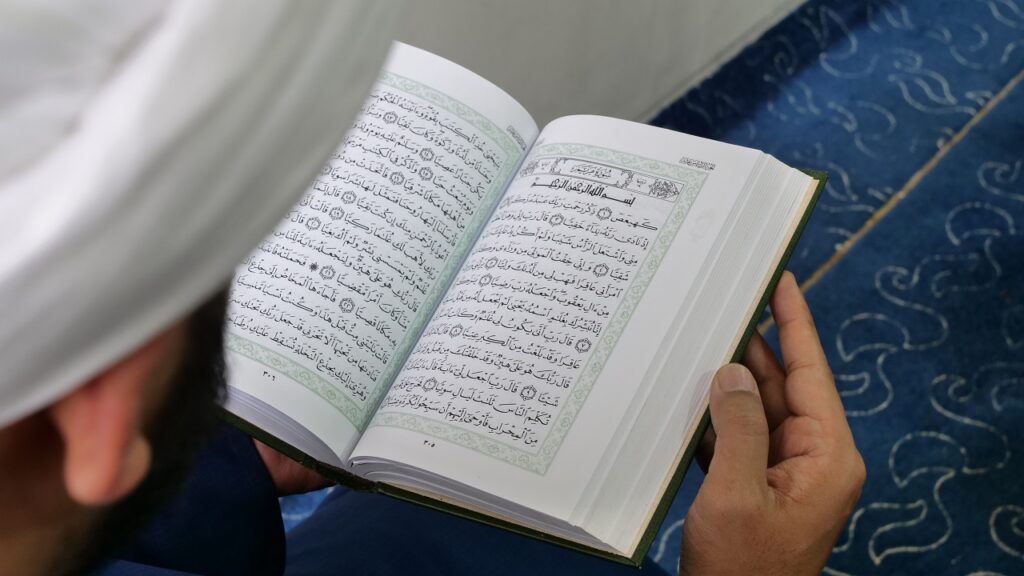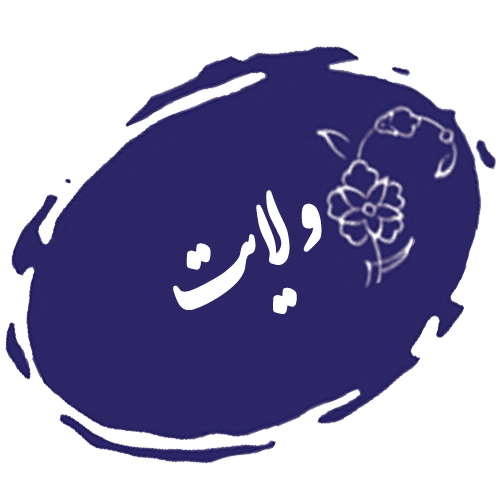5 – A word of caution

There is a fine line between tadabbur and tafsir. It’s important to know the difference between the two, and not to cross the boundaries of tadabbur, because we could then fall into what is called tafsir bi al-ra’y (interpreting verses with our personal opinion), and this is heavily condemned by the Qur’ān and the Ahlul Bayt.
You see, whilst tadabbur is a matter of thinking about the general lessons and inspirations from the verses, tafsir is a specific science with principles and a methodology that requires study and expertise. Tadabbur is to think about the reminders, warnings and those general and clear lessons, which we would simply miss if we read quickly, and allow them to digest and sink in. In tadabbur, the aim is to be prompted, reminded and inspired. In tafsir, however, the aim is to extract detailed information and laws.
Let me illustrate the difference between the two using the following verse:
لَّا يَمَسُّهُ إِلَّا الْمُطَهَّرُونَ
—no one touches it except the pure ones—
[56:79]
This verse is talking about the Quran. Now, if you’re doing tadabbur, this verse would be a reminder that the Quran is a very important book, coming from the purest of sources. So to benefit from it, we should have some synchrony with it, and hence the need to purify ourselves to fully benefit from it. It prompts us to think about our actions and how much our sins deprive us from lofty stations we could all attain. It prompts us to ask Allah for forgiveness, and ask Allah to purify our hearts. It would create a motivation in us to strive to stay away from sins, with the hope that the more purified we are, the more we will benefit from the knowledge of the Quran. In this process, you’re allowing this simple, clear and yet powerful outward meaning of this verse to sink in. You’re allowing yourself to realise the meaning of this verse.
In contrast though, when doing tafsir, you would be going after the following questions:
What does Allah mean by “yamassu”? Does it refer to physical touching or spiritual touching?
What does Allah mean by “laa”? Is he informing us that it’s not possible for those who are not pure to reach the Quran, or is He prohibiting us from touch the Quran if we’re not pure?
What level of the Quran’s existence is referred to by the pronoun “hu”? That Quran which is in the higher realms, or simply the physical Quran?
What does Allah mean by “mutahharun”? Does He mean those who are spiritual pure or does he mean physical purity (through wudhu and ghusl and so on)?
And if spiritual purity is intended, then what is the minimum level of spiritual purity required? Is it to be sinless like the Ahlul Bayt?
But if physical purity is intended, then what type? Is wudhu enough, or is ghusl necessary? Does being in janaba or haydh count as physically impure?
And perhaps many more questions, just from this one verse.
But where are the answers to these questions? Can we just sit down and think of answers? Of course not, our thinking about these things will not take us to the real answers. The answers lie in other parts of the Quran, or in the vast literature of Islamic narrations.
As you see, in the case of tafsir, we are looking for a detailed understanding and application of what Allah is saying, and so we need to understand the verse in its exact context in light of other verses and ahadith. As such, tafsir requires extensive studies and a good acquaintance with Islamic texts. For those of us who want such depth and detailed knowledge but aren’t able to dedicate the time to do tafsir ourselves, we can benefit from the efforts of our great scholars who have put in the time and struggle to do tafsir of the Holy Quran at different levels.


